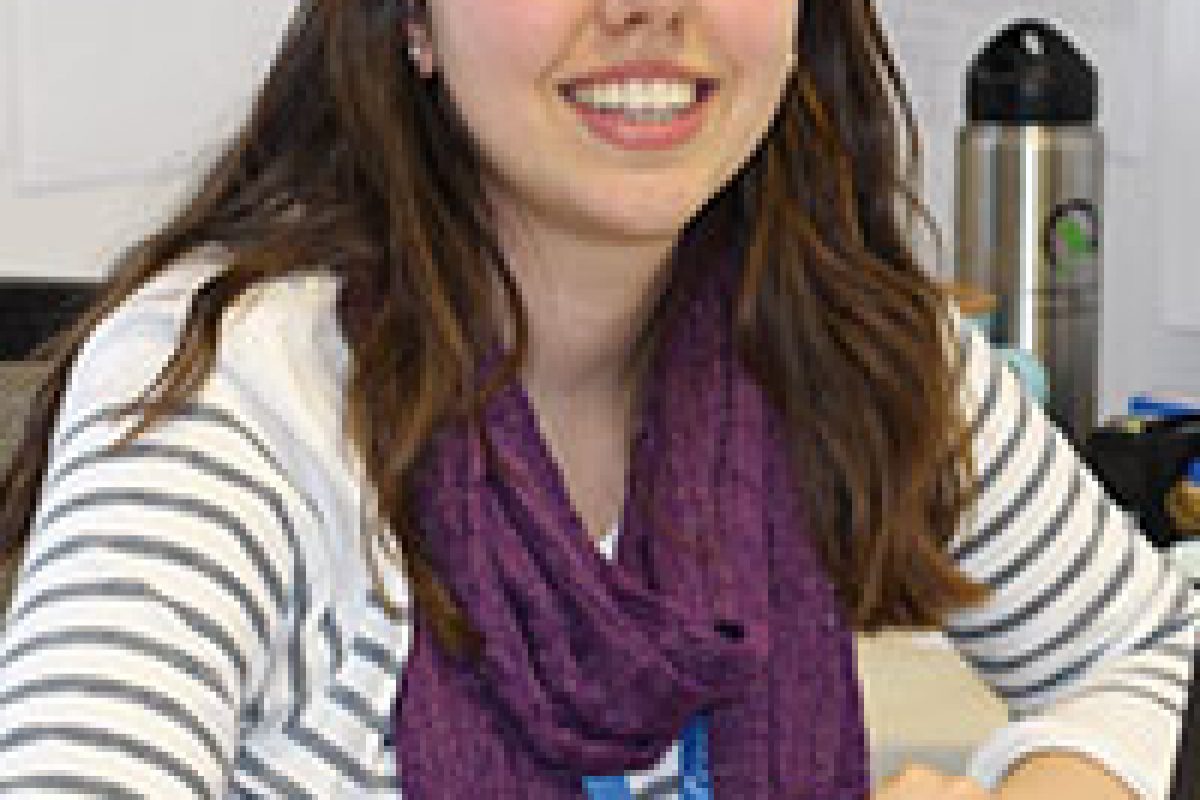Ezgi, Caseworker at the ICMC Resettlement Support Center in Istanbul, Turkey

Ezgi Tanriver is a caseworker at the ICMC Resettlement Support Center for Turkey and Middle East. Based in Istanbul, she interviews the refugees who have been referred to ICMC by UNHCR for resettlement to the United States. Her job consists in collecting biographical data and other relevant information about refugee cases which are then submitted to US officials for consideration.
What is it like to be a caseworker at the Resettlement Support Center (RSC)?
I studied chemistry and science in the United States and I would have never thought about becoming a caseworker. I am quite new to ICMC, but I really like my job. Some of the people I interview have terrible stories to tell, and I have the chance to listen to them first hand, to learn about their situation. It’s extremely different from hearing the same story in the news. I feel that through my work I somehow have the possibility to help them, to make them articulate their case better. Most of the refugees don’t really know what to say as they enter my office. I can help them focus on the important details of their story which are important for their resettlement application.
How do refugees feel about the interview?
The majority of the refugees coming to the RSC are from Syria, Iraq and Iran. At the beginning they act very seriously because they think I am American, and that I am responsible for taking a decision about their case. But as they find out that I am Turkish and I am just here to collect information, they generally start relaxing and feeling more comfortable. Some refugees are really anxious about the unknown which awaits them in the United States, especially as they realize that the initial financial support provided by the government is limited to six or eight months and that they have to find a job quickly. They also fear the unfamiliar region and culture. Others know that this is their big opportunity to start a better life, but sometimes they have very high expectations. They need to be reminded that life in the United States might not be that easy at the beginning.
What are the things that you’re mostly proud of in your work?
Making the refugees feel comfortable. I try to create a connection with them. I smile, I offer them tea or water, I try to reassure them that I won’t share any information they give me, except with the US authorities. I show them that I am interested and really listening to what they say. I try to make them feel they are being treated like human beings, not just like file numbers. Unlike other steps in the resettlement process, in these interviews the refugees have the opportunity to give long answers to my questions, and talk as much as they like. I can see how vulnerable they are as they get their feelings off their chest: they often don’t have anyone else to talk to, so that some end up seeing me as a psychologist or a friend. I sometimes have a hard time taking the conversation back to the details important for the case.
Are there also some frustrations you experience in your job?
Yes, indeed. The most difficult situation is when I am faced with refugees with severe medical conditions. Recently, I interviewed a single mother of a one-year old kid who was suffering from cancer. While they were in the office, the child had an epilepsy seizure. He was crying desperately. The mother didn’t know what to do and asked for help. I did not know how to deal with the situation. I felt very limited because I didn’t know what to say, how to comfort this woman.
How do you deal with the stress created by the nature of your position?
It’s a demanding job, as we have to be so attentive to details. But, most of all, it is very hard emotionally and psychologically. I think a lot about the stories I hear even outside the office. I try to let my feelings out by talking a lot with my mother and friends. Still, I would recommend this job. You learn so much and it does makes you a stronger person. It also makes me feel more driven in what I want from my career: in the future, I hope to use my scientific background to help refugees with medical difficulties.